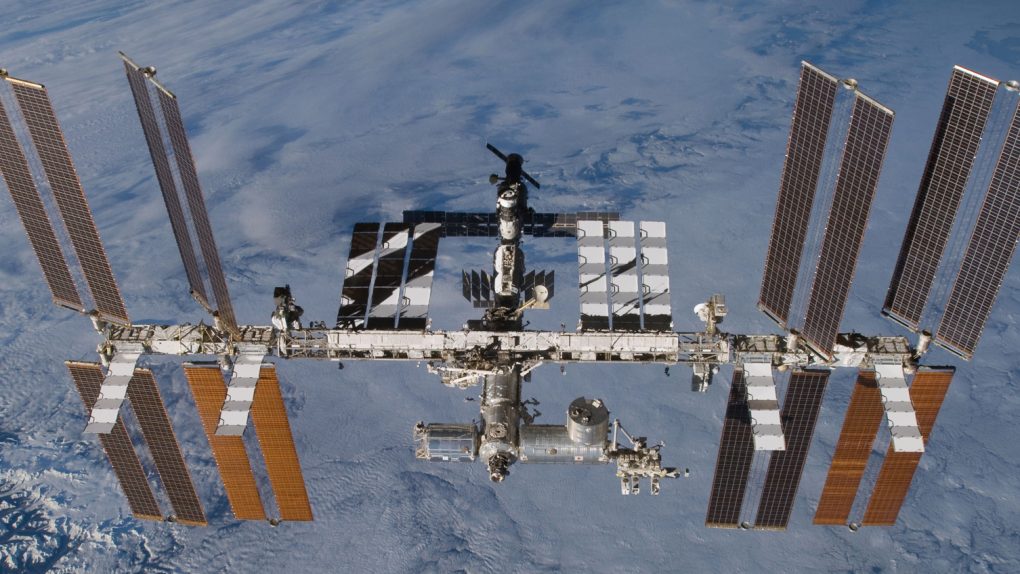A trio of international space travelers successfully arrived at the International Space Station over the weekend. The arrival of the new crew members brings the current tally of ISS inhabitants back up to six, meaning that the full crew of Expedition 60 can now begin its scientific efforts in earnest.
The scientists including NASA astronaut Andrew Morgan, European Space Agency astronaut Luca Parmitano, and Alexander Skvortsov of Russian space agency Roscosmos. The three traveled to the ISS aboard Russian Soyuz crew capsule MS-13, spending around six hours orbiting Earth before eventually docking with the space station and climbing aboard.
As NASA explains in a new blog post, the Expedition 60 crew has a long road ahead. The group will spend over six full months in space, conducting hundreds of experiments in a variety of scientific fields. Some of the research the team will conduct will further NASA’s efforts to eventually launch missions to both the Moon and Mars.
Also of note, Expedition 60 will include the installation of a second spacecraft docking port that will be used for NASA’s Commercial Crew program, eventually hosting SpaceX’s Crew Dragon and Boeing’s Starliner when those programs reach maturity and can finally ferry crew members to and from the International Space Station.
The previous ISS arrivals — NASA’s Christina Koch and Nick Hague, along with Roscosmos’ Alexey Ovchinin — also took part in Expedition 59, but they won’t all leave the space station at the same time. Ovchinin and Hague will return to Earth first, and their trip back to Earth is currently scheduled for October 3rd aboard the MS-12 Soyuz spacecraft. Parmitano and Skvortsov will join Koch in a trip back home in February of 2020, with NASA’s Andrew Morgan remaining in space for an extended period of time.








